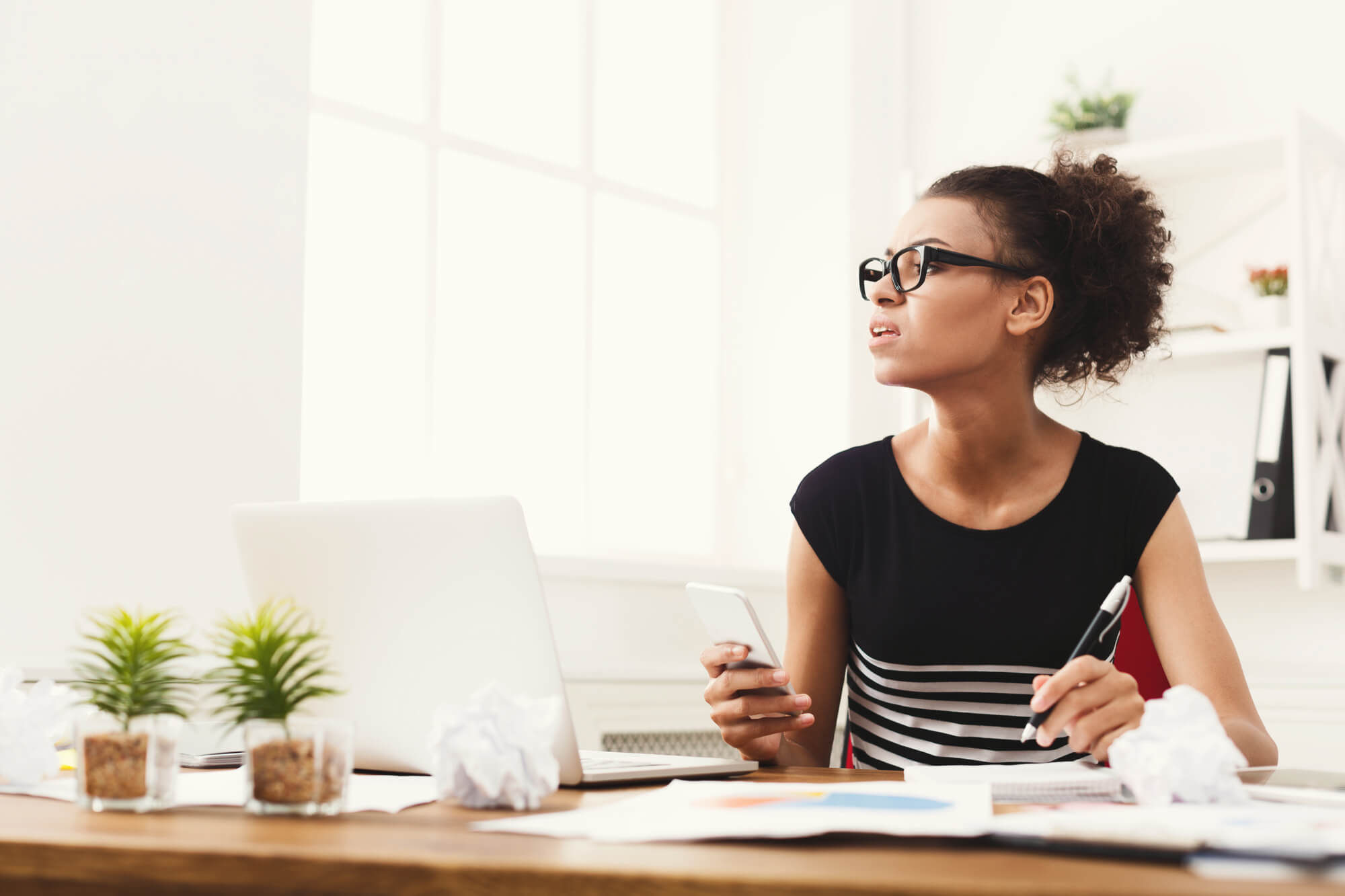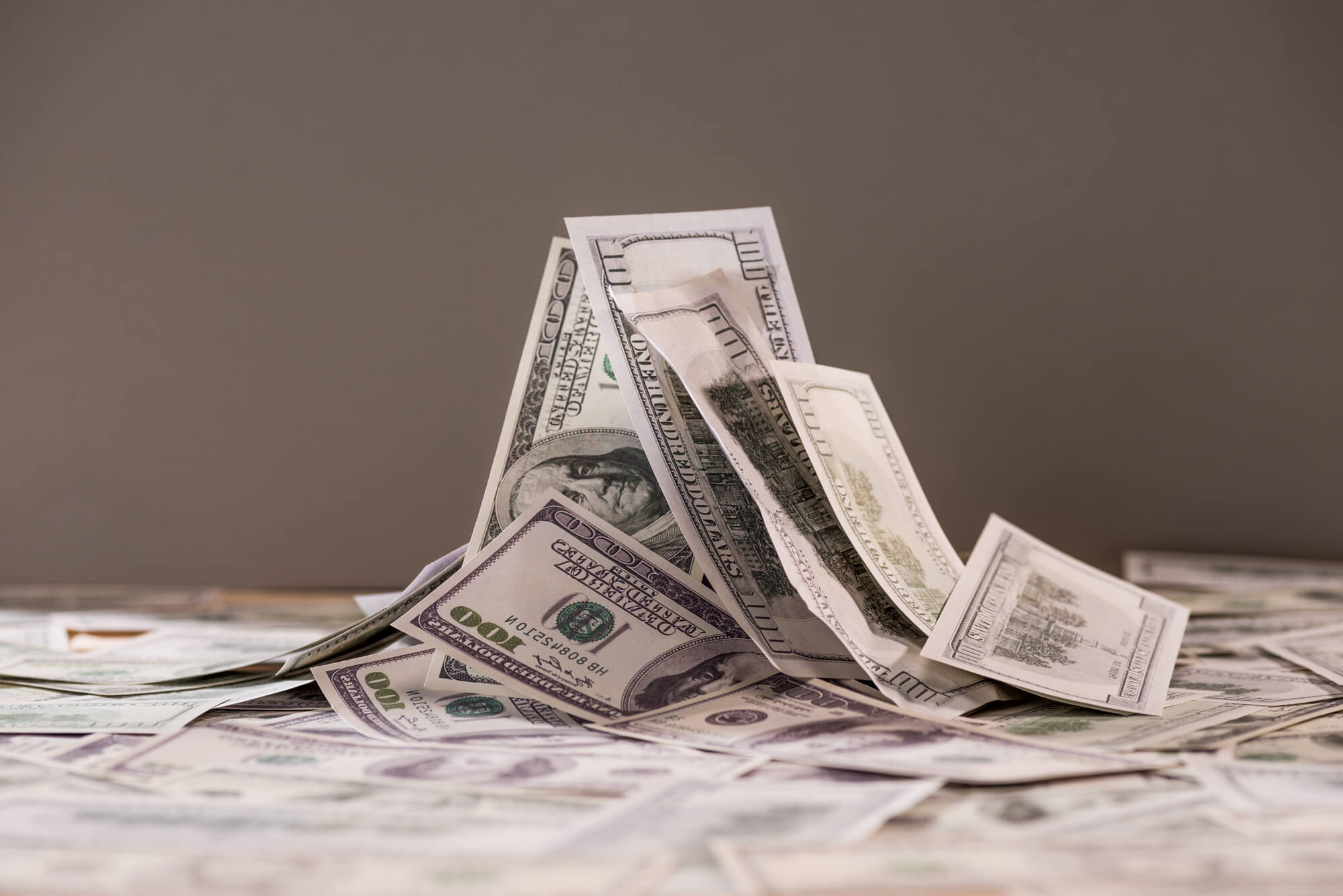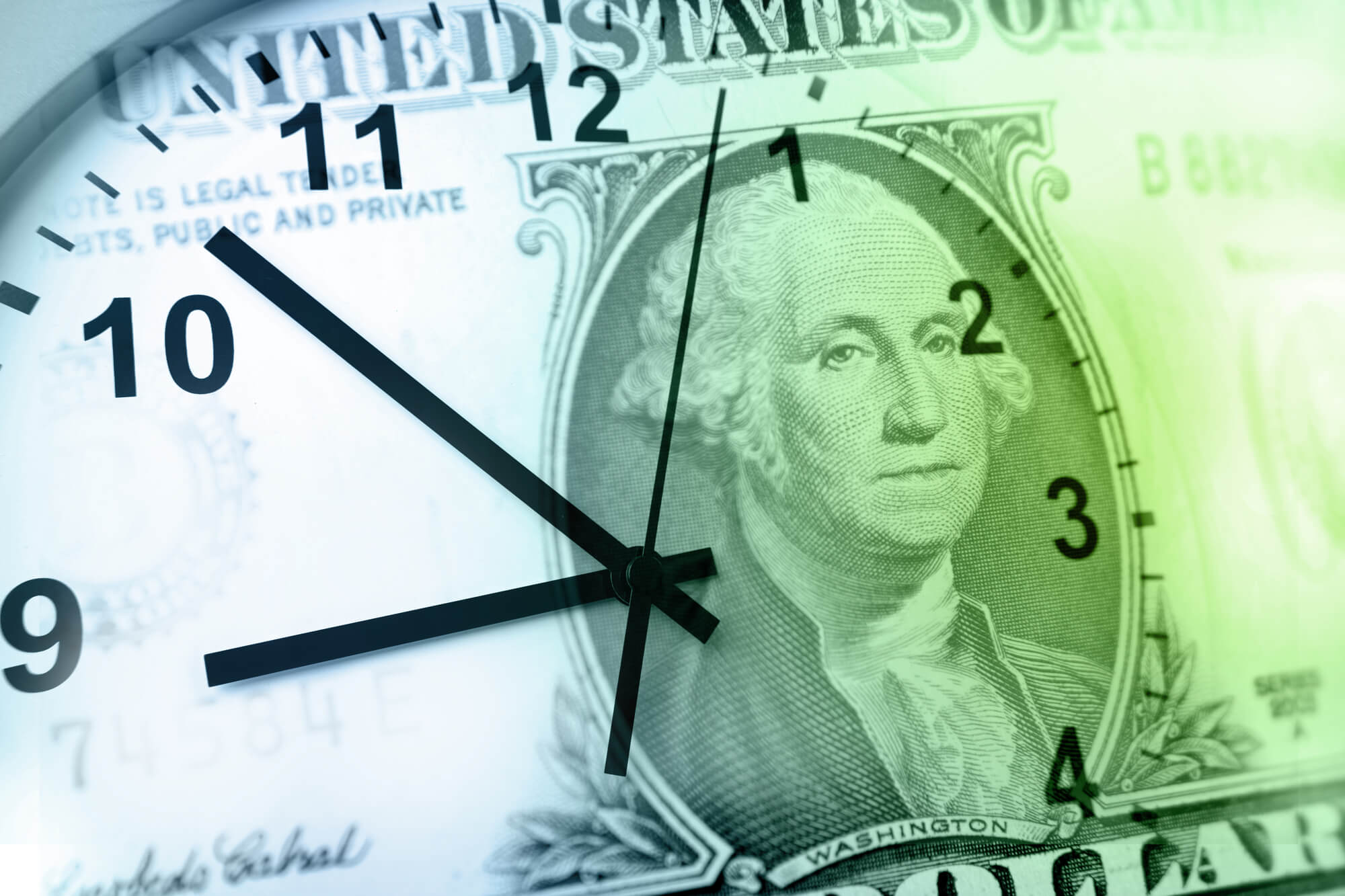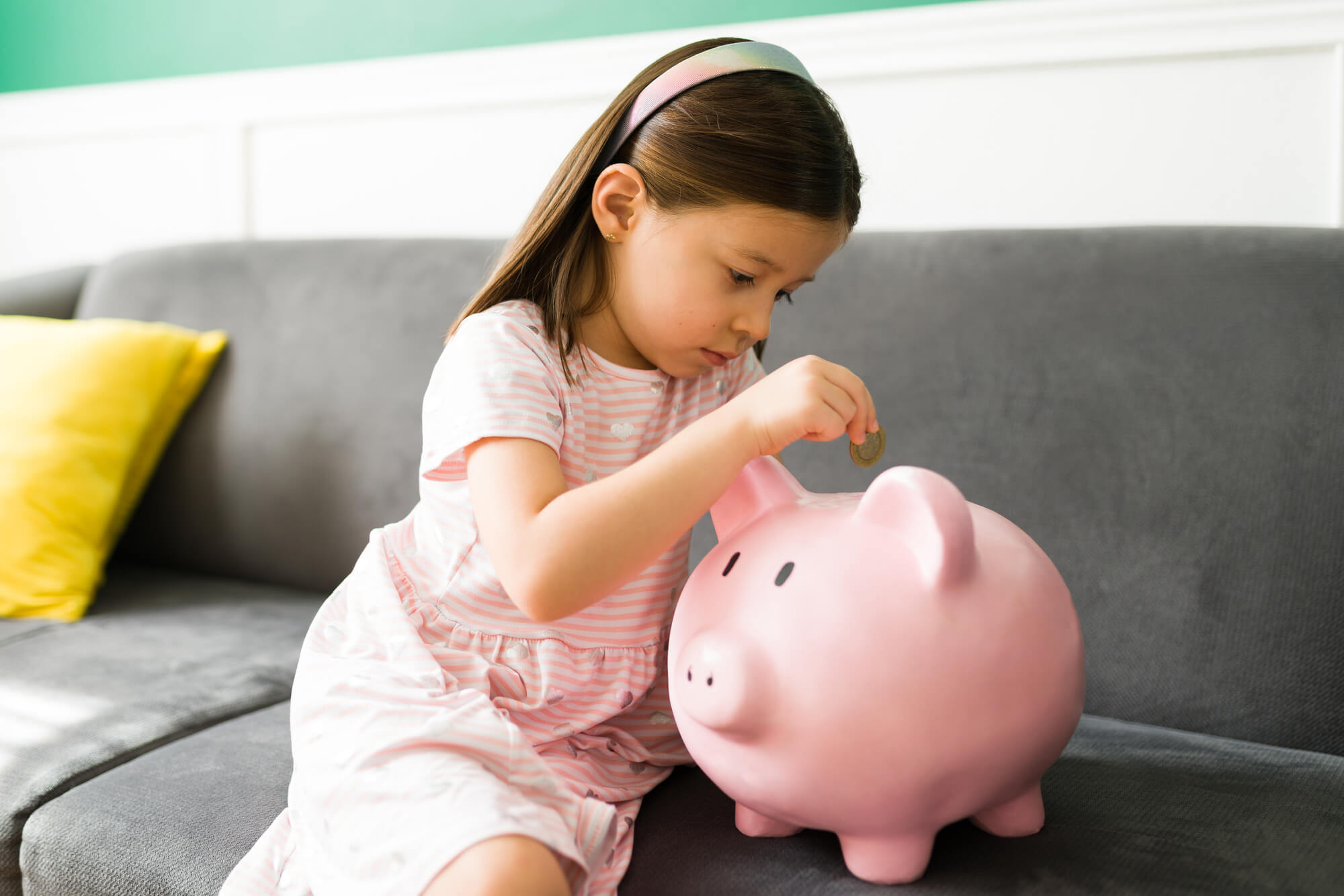When holidays or birthdays roll around, it’s not difficult to come up with dozens of gift ideas for loved ones. However, trying to spend money on yourself might be more challenging! By listening to advice from psychologists, you can learn to make thoughtful, calculated purchases for yourself that improve your quality of life and well-being.
To spend money satisfactorily on yourself, use psychological principles to purchase items that match your personality, objects that continue to provide value, experiences, self-development, and self-care.
As you adjust the way you think about buying for yourself, you can transform foolish indulgences or haphazard spending into meaningful memories and rewarding investments. The following ideas are an excellent place to start.
Spend Money on Objects that Pair with Your Personality
A research paper by Sandra C. Matz, Joe J. Gladstone, and David Stillwell in Psychological Science titled “Money Buys Happiness When Spending Fits Our Personality” documented a study in which more than 76,000 bank transactions were analyzed to determine if there is a correlation between people’s purchasing habits, personalities, and happiness.
The study concluded that “when spending matches the buyer’s personality, it appears that money can indeed buy happiness.”
Quote taken from here
To take advantage of personality buying, consider what aspects of your personality can be materialized. If you are more extraverted, you might benefit more from purchases which allow you to interact with people, such as going out to dinner or taking a class. If you are more introverted, you might contemplate purchasing an object that allows you to participate in a solitary activity such as reading or baking. In addition to personality traits, reflect on your favorite hobbies or pastimes. If you are an avid skier, when you spend money on ski gear, it will undoubtedly bring you more happiness than someone who lives near a beach and has never skied a day in their life.
Another way to learn what purchases best suit your lifestyle and personality is to utilize the comfort principle. The comfort principle suggests spending money where you spend your time to improve the quality of that time. Consider creating a chart to break down exactly where your time is spent to see how the comfort principle applies to you. Your chart could look something like this:
| Time | Activity |
| 8 hr/day | Working from home |
| 1 hr/day | Cooking |
| 3 hr/day | Recreation |
| 1 hr/day | Reading |
| 1 hr/exercise | Exercise |
Perhaps you’re interested in buying a sleek, motorized stand-sit desk for your home office, but you haven’t been able to justify the price. When you break down the amount of time you spend daily, monthly, and yearly using your current desk, it becomes much more reasonable to entertain thoughts of buying a $500- $1,000 desk. Spending any amount of money on increasing the quality of your time is money well spent!
If after utilizing the comfort principle and evaluating your personality traits you’re still not sure just how happy certain purchases would make you, try an affordable dry run instead. You can rent a car, camera, surfboard, piece of furniture, occasion dress, and so much more before committing to making an actual purchase. (You can also use this tip if you’re thinking about making a major purchase such as buying a house: test out various Airbnbs in the neighborhood as part of your due diligence).
Using psychological principles to align your spending with your personality can assist you in making smarter and more fulfilling purchasing decisions.
Spend Money on Objects that Give Back
When you choose to spend money on experiences, you choose to spend money on creating a memory, but that memory can fade with time. Selecting and buying items that will bring you extended or infinite satisfaction can be a smart way to spend money on yourself.
Researchers decided to study whether experiences or objects provided more long-term value to people. They determined material purchases provided people with regular doses of happiness after two weeks and experiences created more intense yet diminishing exhilaration. One co-author stated,
“If you get tickets to the concert, or go to a nice restaurant, you really enjoy the experience, but happiness that you get ends after a short time… On the other hand…over time [purchasing objects] gives you more frequent moments of happiness.”
Quote taken from here
To determine what purchases will continue to bring value to your life, think about what you need. For example, if you live in a climate with cold winters and are in need of a new coat, consider investing in high-quality fabric, timeless styles, and neutral colors. By thoughtfully making purchases you can abstract value from again and again, you are actually making an investment. Spend money on yourself by spending money on items that continue to give back to you.
Spend Money on Experiences
Just because experiences can fade with time doesn’t mean they have to. By focusing on being present, truly enjoying, and aligning your values with the experiences you choose to pursue, you can derive great value from spending money on experiences.
Harvard professor Dan Gilbert (who wrote a book titled [[Stumbling on Happiness]]) and colleagues from the University of British Columbia conducted a study on the worth of experiences. They found that 57 percent of participants reported greater happiness from experiential purchases, compared to the 34 percent who said they found happiness in material purchases. Interestingly, they also concluded the nature of experience was secondary to the experience itself, and that being present in an experience is critical to maximizing happiness.
[P]eople were maximally happy when they were thinking about what they were doing, and time-lag analyses revealed that mind- wandering was a cause, and not merely an effect, of diminished happiness. A wandering mind is an unhappy mind, and one of the benefits of experiences is that they keep us focused on the here and now.
Quote taken from here
Instead of buying yourself a pair of shoes you don’t need, consider saving for a painting class, night out, or upcoming vacation. Spending money on yourself as you purchase experiences for your future.
Spend More on Self-Development and Self-Care
In addition to spending money on objects that complement your personality, high-value objects, and experiences, expend money on self-development and self-care. Use money to improve your self-esteem and confidence by getting a new hair cut, purchasing higher-quality make up or self-care products, buying a gym membership, or investing in healthier foods. Find ways to spend money to help you feel happier and healthier (but remember to do so for you, not because you are trying to look a certain way for someone else). Investing in a healthier you will pay dividends for your future happiness.
Additionally, consider spending money investing in your educational and professional future. Learn new skills via formal or informal training. Find ways to increase your personal value, both to your company and to your community. By investing in self-development, you can find immense satisfaction in the way you spend money on yourself.
Conclusion
Using psychological principles, you can make well-educated, sound purchasing decisions as you spend money on yourself by purchasing items that pair with your personality, items that bring consistent value, experiences, and self-care.
Climb on, FinBase.
B









